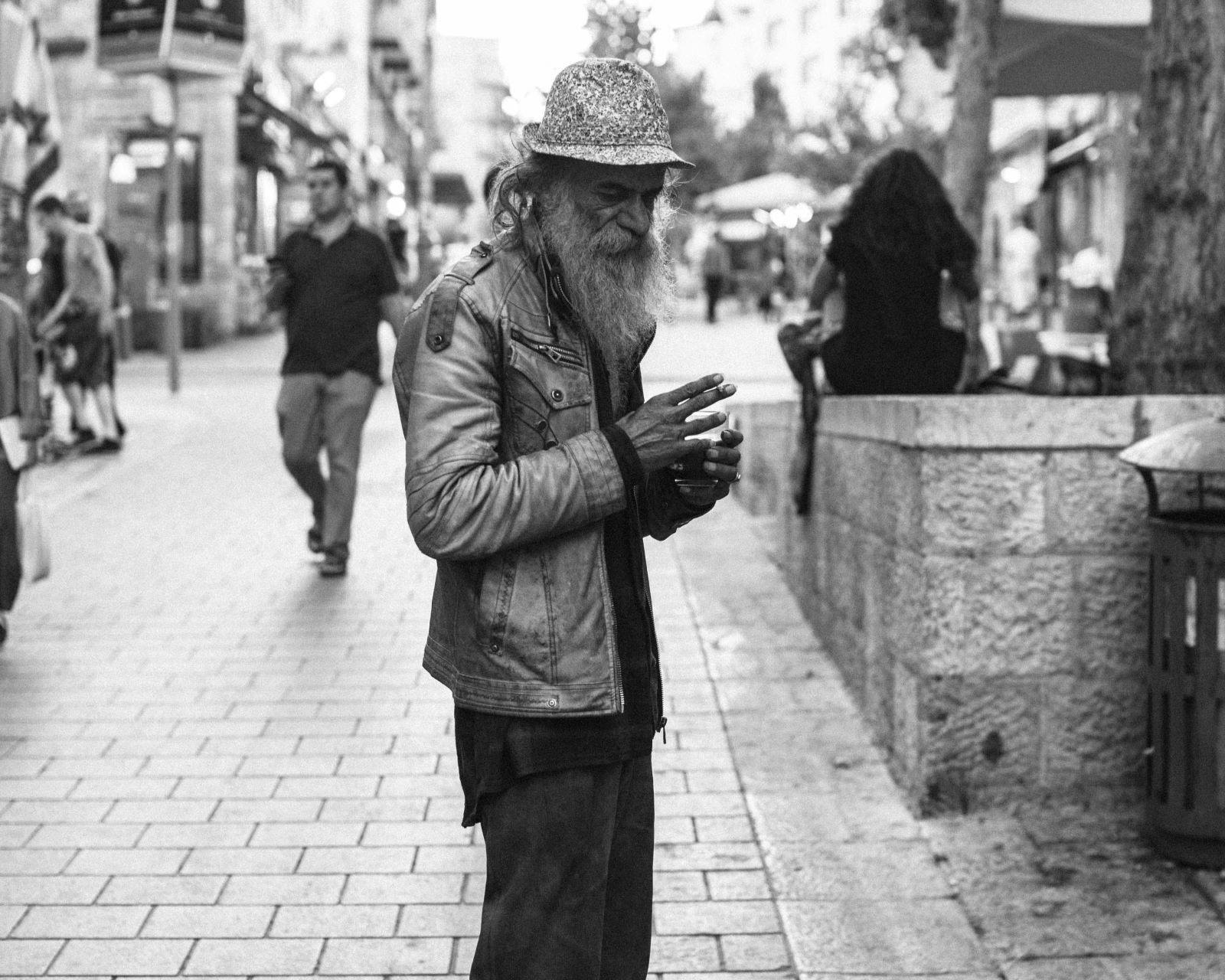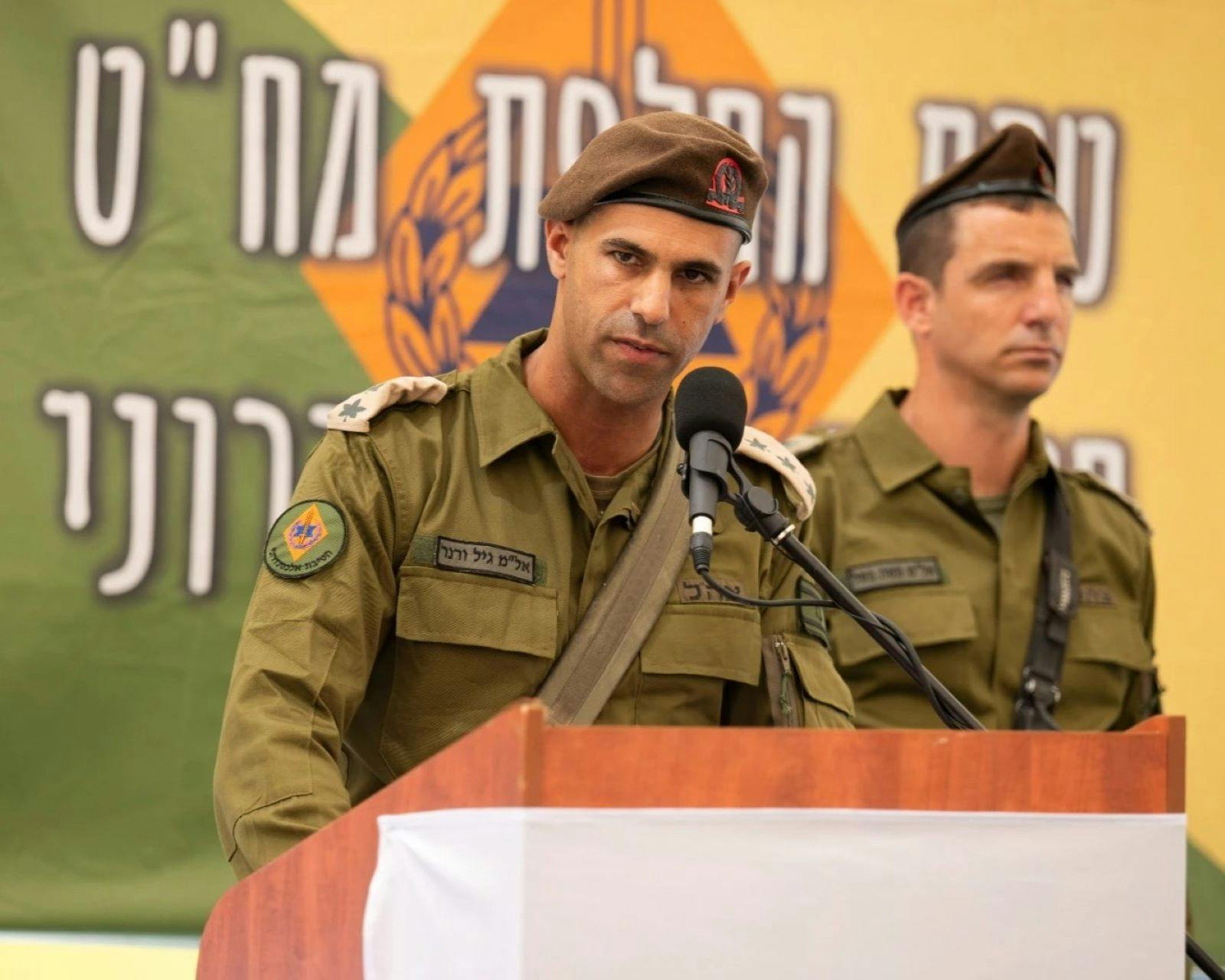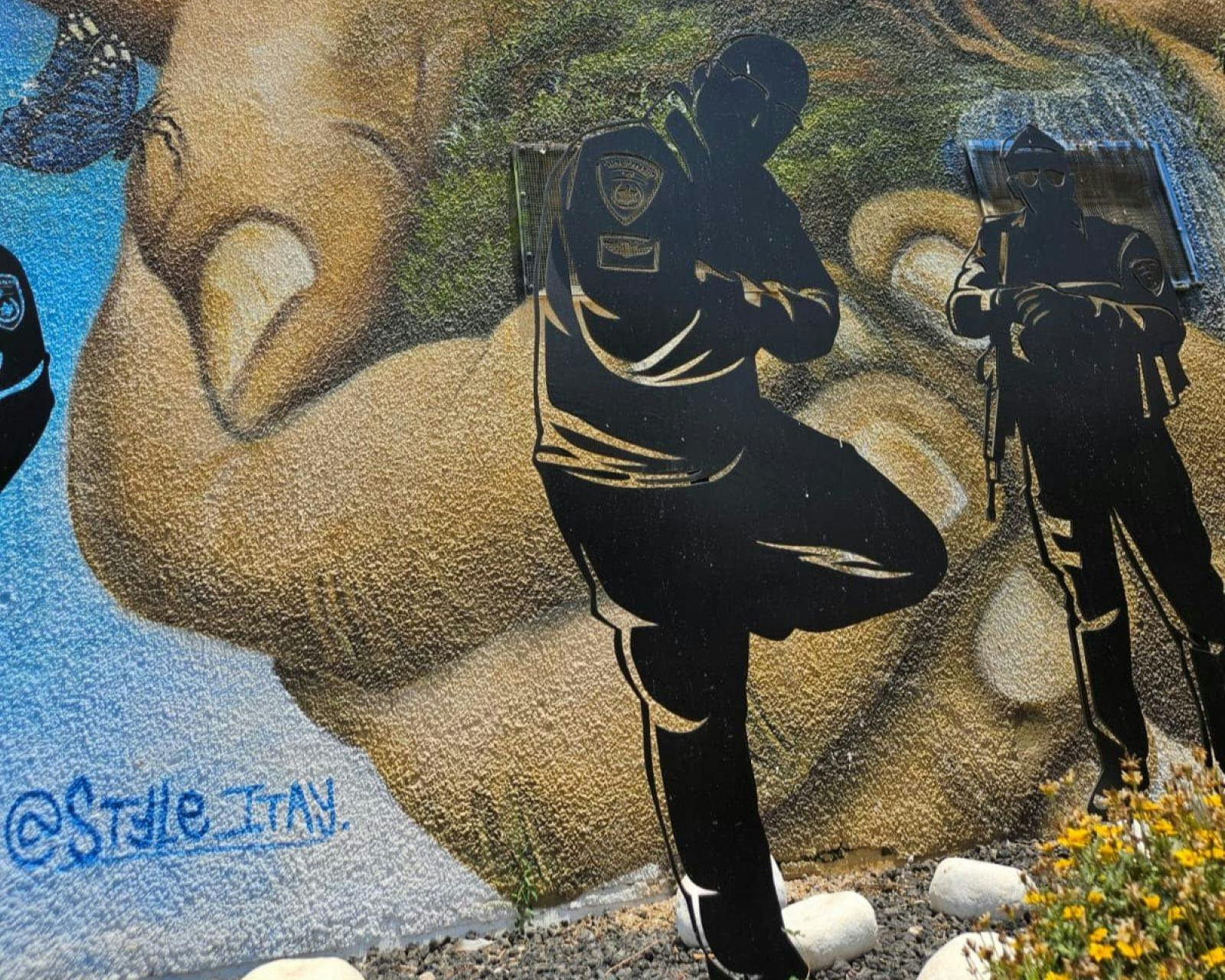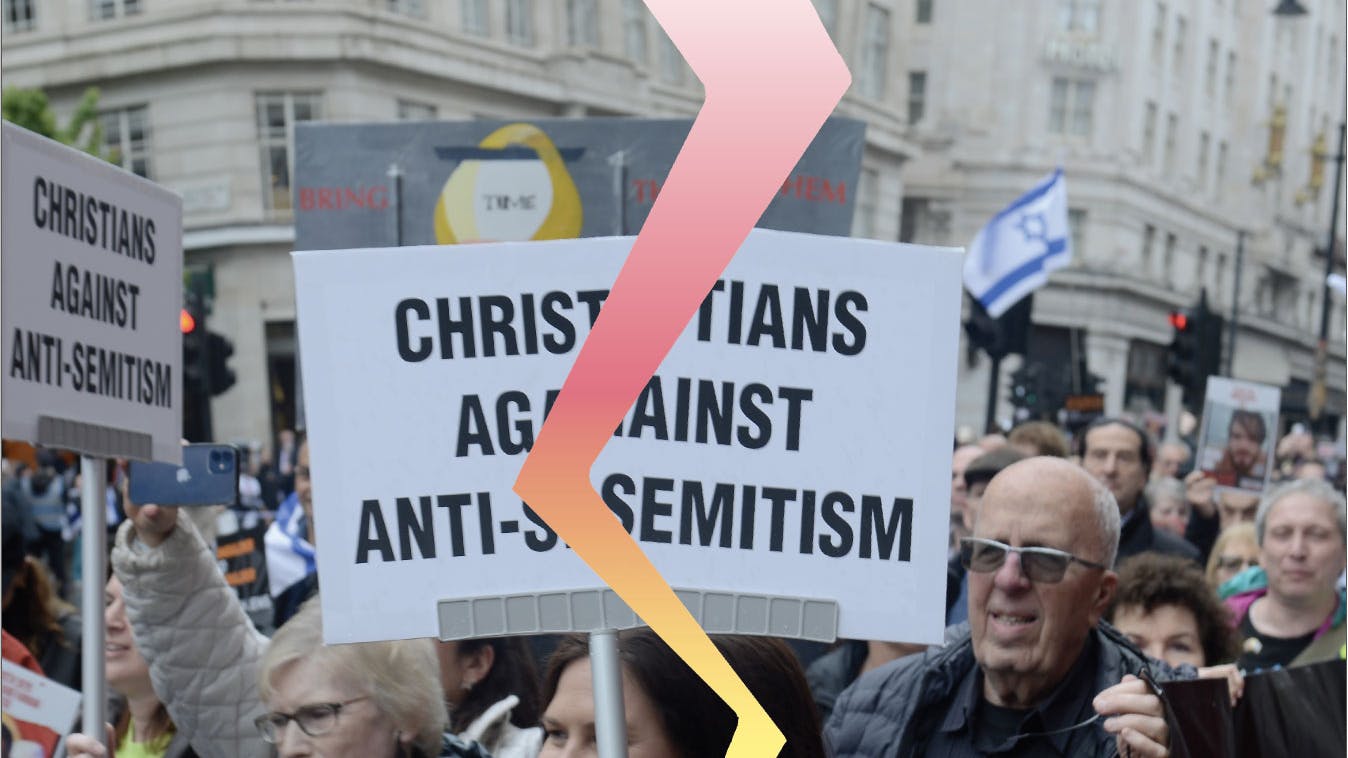The Palestinian Suffering the World Ignores
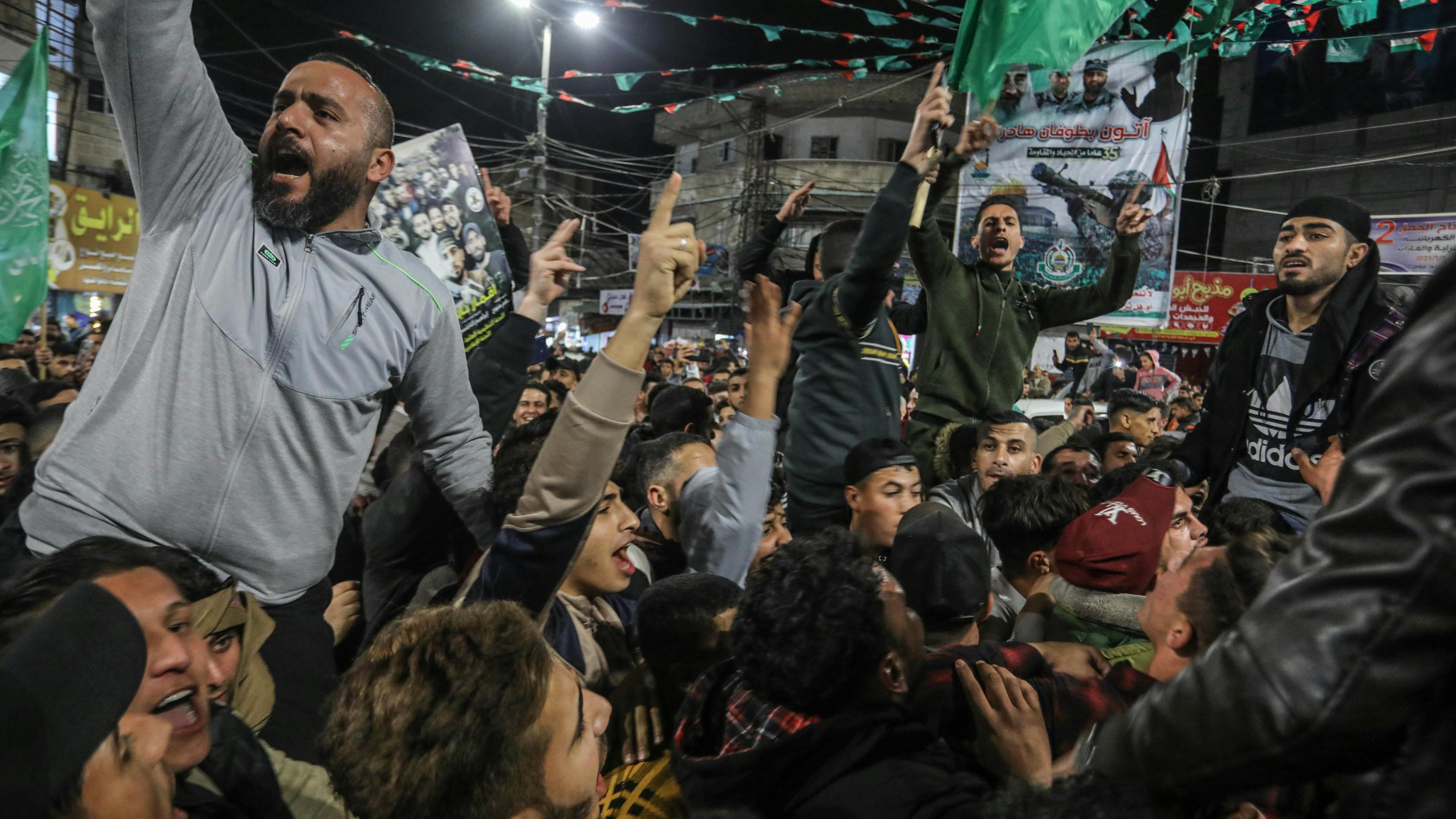
In March this year, the body of 22-year-old Oday Nasser Al Rabay was left outside his family home in Gaza.
Was he another casualty in the war between Israel and Gaza? No. The young man from Gaza City had been participating in anti-Hamas protests in the Gaza Strip. Hours later, he was reportedly kidnapped by the terrorist group. Al Rabay’s family said his bruised and beaten body was later returned with a warning that this is what happens to anyone who disrespects and speaks ill of Hamas.
Footage of the 22-year-old’s body shows him covered in bruises and cuts, a testament to the brutal torture he endured as punishment for speaking out against the true enemy of the Gazan people.
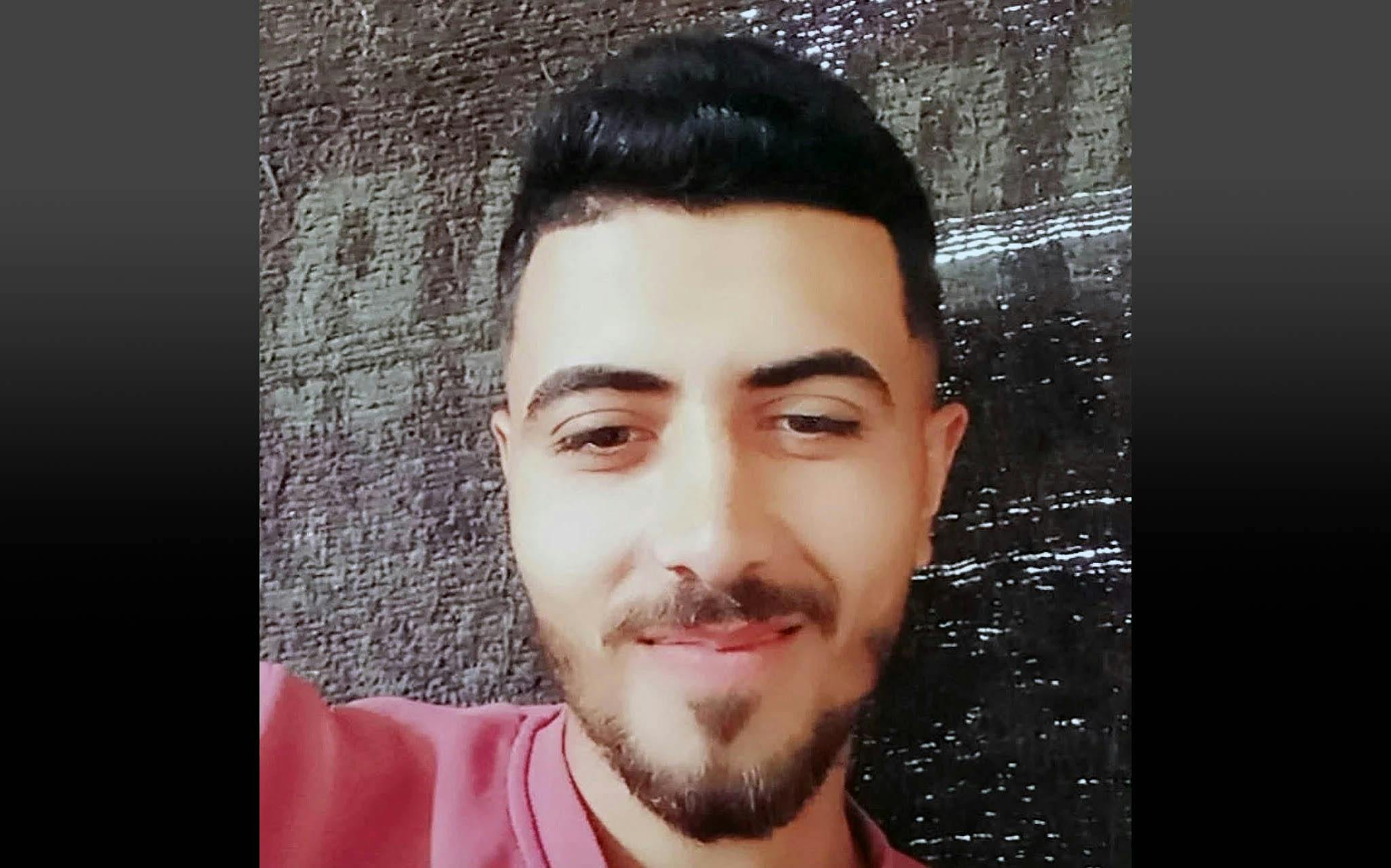
Though Al Rabay’s voice was brutally silenced, his funeral sparked another protest. X users posted videos showing mourners carrying his body through the streets of Gaza shouting “Hamas out!”
In fact, Al Rabay had been participating in anti-Hamas protests in Gaza that reportedly lasted just a few days before the terrorist group silenced them.
A Palestinian from northern Gaza, Belal Abu Zaid, told CNN that Palestinians in Gaza “are paying the price” for Hamas’s massacre on October 7, 2023, that sparked the ongoing war between Israel and the terrorist group.
The anti-Hamas protests erupted in late March in northern Gaza, and by the next day had spread into central Gaza. A CNN journalist on the ground estimated the protesters to number in the hundreds. They chanted slogans like “Hamas out,” “Hamas terrorists” and “We want an end to the war!” However, the protests lasted for just a few days before the terror group silenced their opponents.
A Gazan who currently resides in London, Sam Habeeb, told the Telegraph that the protests were the largest the enclave has seen since 2007, when Hamas took control of Gaza.
“Violent crackdowns on protesters is criminal and unacceptable,” Habeeb said. “This is a heinous crime that is completely condemned. It is unacceptable to restrict the freedom of protest and kill and torture the protester [Oday Nasser Al Rabay].
“Not all people in Gaza are part of Hamas,” Habeeb added, “and they have the right to express their views freely.”
From Sympathy to Outrage
When the world saw the horrific footage on October 7, 2023, of Hamas terrorists brutally killing, torturing and kidnapping men, women, children, babies and the elderly in Israel, they initially sympathized with the Jewish state.
Yet sympathy quickly turned to international outrage as soon as the Jewish state began fighting back, vowing to free their hostages in Gaza and remove the threat of Hamas forever. Soon, chants resounded globally of “Free Palestine” and “From the River to the Sea”—though most of the protesters don’t appear to be quite sure of which river and which sea. Universities across the United States nearly ground to a halt as pro-Hamas protesters erected tent cities in campus centers. Protesters organized parades across the Western world, marching down streets, chanting, waving Palestinian flags and donning the traditional Palestinian keffiyeh, the black and white patterned scarf.
As these protesters screamed for freedom for the Palestinians, several even touted Hamas as freedom fighters and applauded their acts of terrorism as justified resistance against Israel.
Crickets and Paparazzi
But what happened in March when the hundreds of brave Gazans stood up and protested Hamas, crying out for freedom? What happened when Al Rabay raised his voice against Hamas and paid the ultimate price?
Except for a half-hearted article in CNN that was careful to place most of the blame on Israel, Al Rabay’s story gained no traction in Western media.
In June, Swedish climate activist Greta Thunberg and her motley crew of international pro-Palestinian activists boarded a boat bedecked with Palestinian flags and set sail for Gaza, vowing to “break the Israeli siege.” The world watched as the PR stunt worked its magic when the so-called “freedom flotilla” was intercepted by the Israeli military and activists deported back to their home countries.
When Thunberg posted videos crying out that she was being “kidnapped” by the evil Israeli occupying force, the world tut-tutted the Jewish state.
But when a real Gazan young man with hopes and dreams of a better life stood up and spoke out for Palestinian freedom, where was the media? Where were the protesters waving the Palestinian flag and crying out for Palestinian freedom?
Where was the outrage when 22-year-old Al Rabay’s broken and bruised body was dropped in front of his family’s home in Gaza with a warning for anyone else who dared to speak out against Hamas?
“Every young Gazan man besieged in the Gaza Strip dreams of living safely with all his family members,” Al Rabay’s cousin told the Free Press. “We want to live life like other people do. We want education, a future and jobs. We want a dignified life.”
That’s what Al Rabay stood up for, what he was beaten and punished for and what he died for. Yet his death and sacrifice didn’t earn the international outrage and spotlight that he deserved.
Why? The unfortunate adage seems to yet again prove itself true: No Jews, no news.
Calling out the Double Standard
Luai Ahmed is a Yemeni Swedish journalist and activist. He identifies as a Zionist and is openly critical of radical Islam and antisemitism.
On March 1, Ahmed posted a video of a speech he gave to the United Nations Human Rights Council (UNHRC), asking everyone who had been “waving the Palestinian flag since October 7” a simple question: “Where is the flag of Yemen?”
More than half a million people have died in Yemen in the last decade, Ahmed pointed out. The death toll in the Syrian Civil War is estimated to top 650,000. Then there’s Sudan, where the casualty figures hover over 150,000. Why does no one care when half a million Yemenis die, Ahmed asked. And where are all the Sudanese and Syrian flags waving in solidarity?
“Why is it that when Arabs kill millions of Arabs,” Ahmed asked the UN council, “no one bats an eye? Where is the outrage? Where are the protests?”
Ahmed continued with his line of questioning. Why did the UNHRC never condemn Iran for human rights violations but mentioned Israel 188 times in a recent report? Why didn’t the council denounce Yemen for spending millions of dollars firing missiles at Israel instead of feeding its own starving people? Why does Qatar have a seat on the council when that country houses Hamas’s leaders in luxury living?
“Their response?” Ahmed wrote. “Silence.”
Ahmed hit the nail on the head: when Israel can be blamed, the world erupts in outrage; when it can’t, silence.
Related Resources

Discover Your Purpose and God’s Heart For You
In today's divided, turbulent world, it's essential for the Church to rediscover God's heart. Our free e-book, authored by a seasoned expert with three decades of experience in Israel, delves deep into the teachings of Jesus (Yeshua) to reveal God’s principles of love and purpose. Learn how embracing these truths can bring significance and impact to your life, even amidst chaos. Subscribe now to receive your free copy and embark on a journey of transformation.

